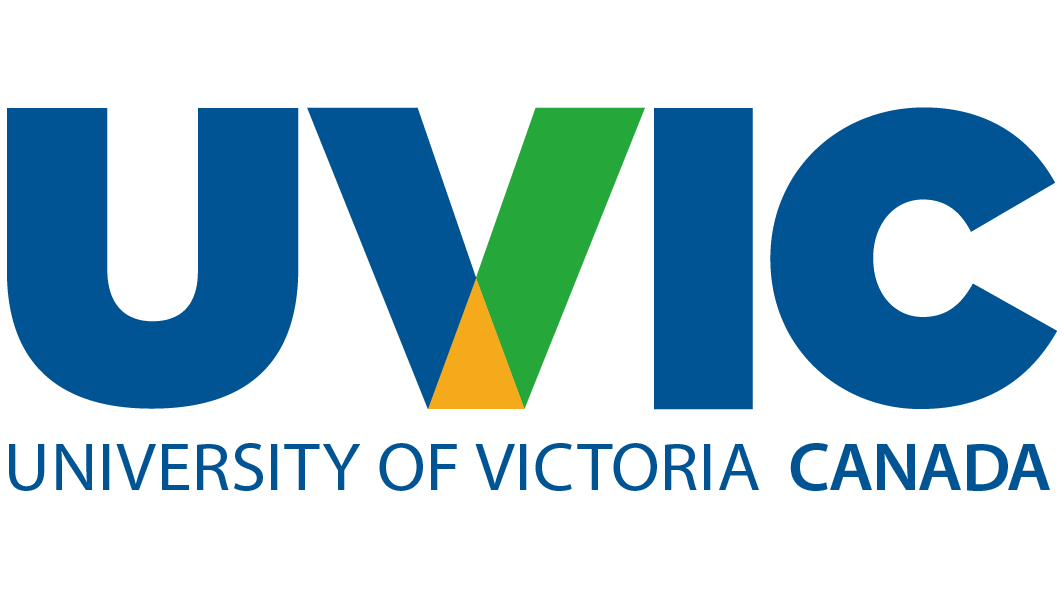
Members of the University of Victoria Subatomic Physics and Accelerator Research Centre (VISPA) have taken on substantial roles in global particle physics endeavours for more than five decades. UVic is a founding member of TRIUMF, Canada’s particle accelerator centre, and members of VISPA have played leading roles in experiments both in Canada and in world-leading experiments at CERN including the Large Hadron Collider, at SLAC, at Tokai and KEK in Japan, and in developing research computing and networks.
UVic’s involvement in astroparticle physics has grown recently through significant roles in the long-baseline neutrino experiments T2K and now HyperK, in experiments motivated by particle astrophysics at TRIUMF, and through developments in astroparticle theory. UVic is also home to the Astronomy Research Centre (ARC), which is closely affiliated with the NRC Herzberg, Canada’s centre for optical and infrared astronomy.
Partnership with the McDonald Institute will help to advance UVic’s involvement in astroparticle physics, including with the P-ONE neutrino observatory that is hosted in the Cascadia basin off the pacific coast by Ocean Networks Canada.
About Victoria
The University of Victoria is an exciting place to study, work or visit. The university is located on 160 verdant hectares in suburban Victoria, the capital of British Columbia. Favoured by its location on Canada’s spectacular west coast, Victoria is an exceptional place to live. It is often referred to as Canada’s “jewel on the Pacific.”
As a harbour city on Vancouver Island, Victoria enjoys the mildest climate in Canada, with an average of 2,183 hours of sunshine a year. Temperatures during the winter rarely fall below freezing, and spring begins in February. You can sail, kayak, cycle, skateboard, mountain climb, hike and camp throughout the winter, as well as enjoy easy access to usual winter activities like snowshoeing, cross-country and alpine skiing. Learn more about Victoria.
The university campus itself is easily accessible by car, bus, or bicycle, and is only a short stroll from the ocean.
The University of Victoria acknowledges and respects the Lək̓ʷəŋən (Songhees and Xʷsepsəm/Esquimalt) Peoples on whose territory the university stands, and the Lək̓ʷəŋən and W̱SÁNEĆ Peoples whose historical relationships with the land continue to this day.
